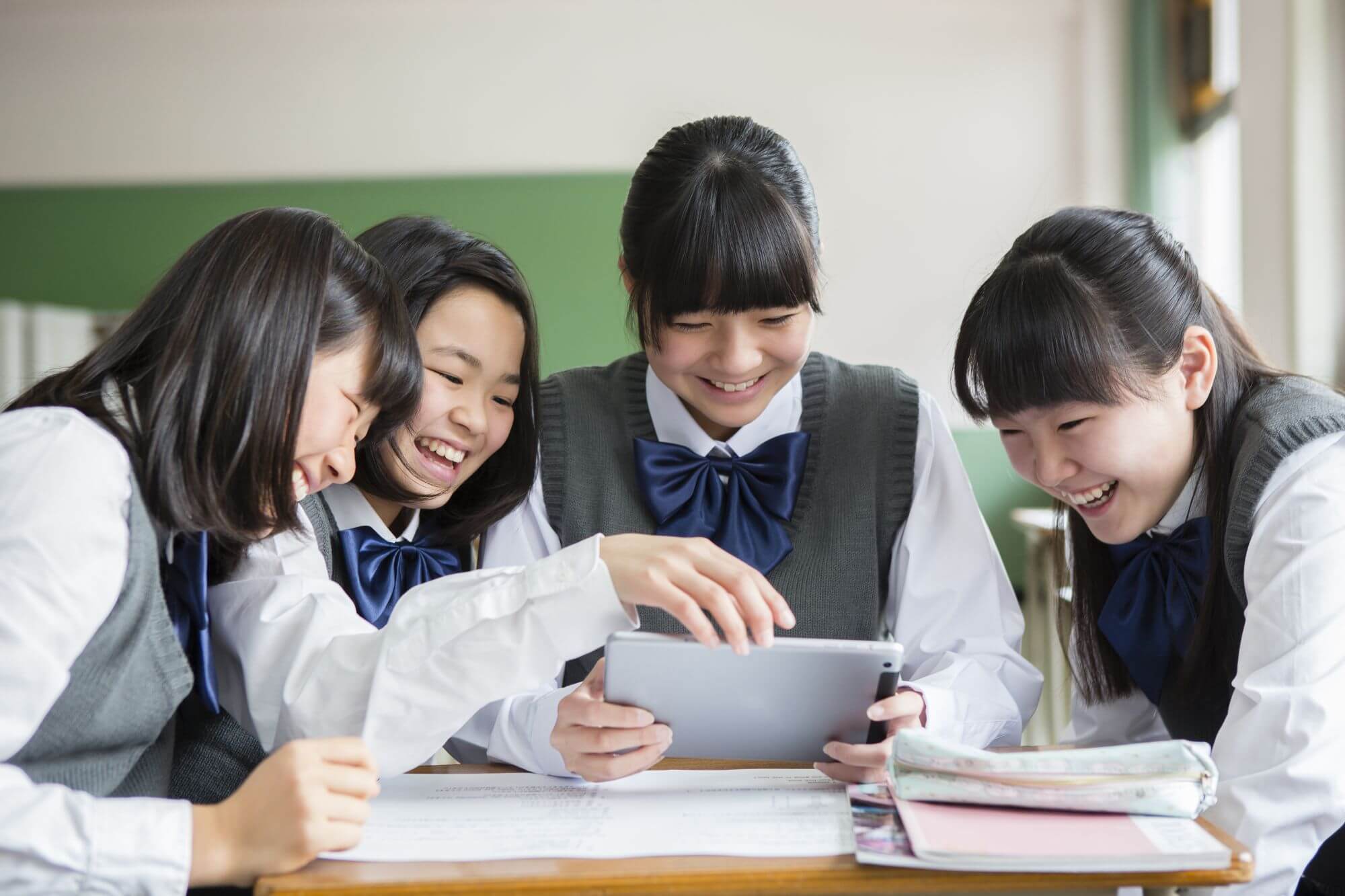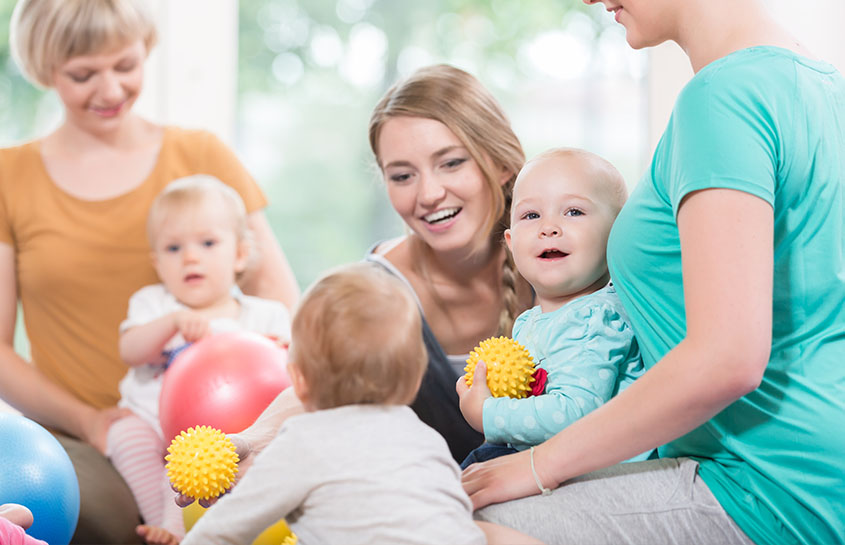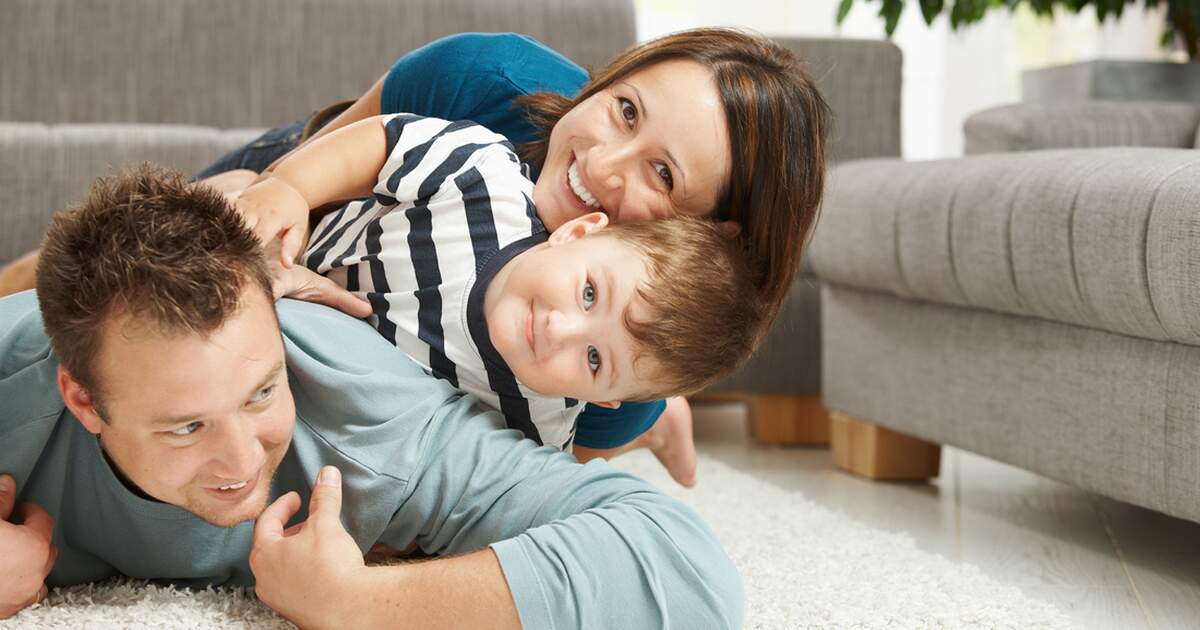Rankings of the world’s most liveable countries can be useful for people looking to relocate. With children, however, there are more factors to consider than, say, average income or economic stability. You might be interested in local children’s health or happiness, educational quality, family leave policies, or even which countries have the most green space or playgrounds.
Unicef focuses on these types of factors in its “report cards” on child well-being. It’s worth noting that their rankings only consider the world’s wealthiest countries, and not all of the data may be equally relevant to expat families.
However, their findings contribute to a more accurate picture of what it’s like to raise children in various countries around the world.
Japan:
According to Unicef’s 2020 analysis of children’s well-being, Japan ranks first in physical health, which considers child mortality and obesity. And, according to Unicef’s most recent report card, issued in 2022, it ranks second for the “world around the child” – a category that includes aspects such as urban green space and traffic safety.
Japan also has the lowest child obesity rate, the lowest child mortality rate, and the lowest levels of air or water pollution affecting children.
It is also one of the safest countries for families, and not just when it comes to traffic accidents. Japan has the lowest overall murder rate of any of the countries studied by Unicef, at 0.2 per 100,000 people.
Aside from top marks for health and safety, Japan has one of the world’s best educational systems, ranking 12th out of 76 countries and regions in OECD assessments used by Unicef. It also provides generous entitlements.
Estonia:
While Estonia isn’t at the top of Unicef’s overall rankings, it ranks highly in a number of key areas.
Children are exposed to less air pollution, less noise pollution, and fewer pesticides than children in almost any other wealthy country. It has more urban green space than many other countries, including the United States, Canada, Australia, and the United Kingdom, and children are especially likely to enjoy neighbourhood recreation facilities such as playgrounds.
Estonia also has the second-lowest rate of babies born underweight of any wealthy country, which is generally regarded as a good indicator of prenatal care quality.
One of the most appealing aspects of Estonia may be its education system: children in Estonia have better math, science, and literacy skills than children in any other country outside of Asia.
Digital skills are also emphasised. “There are already robotics, smart tablets, and so on in kindergartens, all used as part of play-based learning,” said Anne-Mai Meesak, a project manager at Estonia’s education and youth board who studies the country’s early education systems.
According to a recent OECD report, the average Estonian five-year-old outperforms children in the United States and England in a variety of social-emotional skills, such as cooperating with other children and identifying emotions.
Then there’s family leave: Estonia has one of the most generous policies in the world, with 100 days of maternity leave, 30 days of paternity leave, and 475 days of paid parental leave, which can be split – or used part-time – until the child is three years old. For up to 60 of those days, both parents can stay at home and be paid.
Each parent also receives 10 working days of paid parental leave per year for each child under the age of 14. (Both permanent and temporary residents of Estonia, including foreigners, are eligible for this leave.)
Spain:
Spain ranked first in Unicef’s ranking of the environment around children, with particularly low levels of morbidity among children due to air or water pollution.
Moreover, despite having poorer overall offerings in terms of social, education, and health services, children in Spain have notably high well-being, according to Unicef: the country ranks third for children’s mental well-being and fourth for basic academic and social skills.
In particular, it is on par with the Netherlands in terms of how many children say they easily make friends (81%), while the adolescent suicide rate is one of the lowest among wealthy countries, accounting for less than one-third of that in the United States, Canada, Australia, or New Zealand.
Then there’s parental leave: both mothers and fathers are entitled to 16 weeks of paid leave at 100% of their wages (freelancers are also eligible), after which the mother can take unpaid leave for up to three years or reduce her hours.
These options are available to any legal resident of Spain who has contributed to the social security system for at least 180 days in the previous seven years.
Finland:
Finland, which ranks fifth overall in Unicef’s most recent report card, excels in two of the three categories, ranking first in “world of the child” (which examines how the environment directly affects children, such as air quality) and second in “world around the child” (which looks at elements of the environment a child interacts with, like schools, traffic hazards and green space).
It is one of the top-performing countries in the world for children’s literacy and math skills, and parents are especially likely to value their relationship with their children’s school staff.
It has one of the lowest child mortality rates in the world, less than half that of the United States.
Furthermore, the country provides generous parental leave, including eight weeks of paid maternity leave, 14 months of paid parental leave split between the parents, and additional childcare leave that can be used until a child turns three.
(Legal residents of Finland who have had health insurance for at least 180 days prior to the child’s birth in Finland or any Nordic, EU, or EEA country.)
Netherlands:
The Netherlands tops Unicef’s overall list for children’s wellbeing, doing particularly well in terms of children’s mental health (number one) and skills (where it ranks third).
Nine out of ten 15-year-olds report high life satisfaction, the highest proportion of any country studied by Unicef, and eight out of ten report making friends easily.




